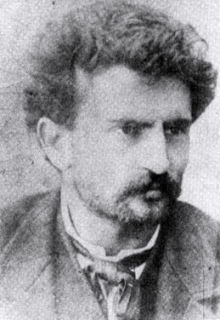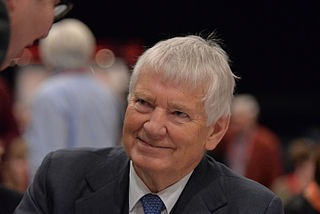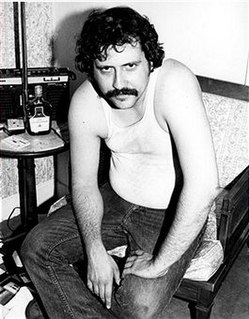A Quote by Jean Baudrillard
Today's terrorism is not the product of a traditional history of anarchism, nihilism, or fanaticism. It is instead the contemporary partner of globalization.
Related Quotes
The term anarchism has become associated with two phenomena with which real anarchist don't want to associate themselves with. One is violence, and the other is disorder or chaos. The popular conception of anarchism is on the one hand bomb-throwing and terrorism, and on the other hand no rules, no regulations, no discipline, everybody does what they want, confusion, etc. That is why there is a reluctance to use the term anarchism.
Odonianism is anarchism. Not the bomb-in-the-pocket stuff, which is terrorism, whatever name it tries to dignify itself with, not the social-Darwinist economic 'libertarianism' of the far right; but anarchism, as prefigured in early Taoist thought, and expounded by Shelley and Kropotkin, Goldman and Goodman. Anarchism's principal target is the authoritarian State (capitalist or socialist); its principle moral-practical theme is cooperation (solidarity, mutual aid). It is the most idealistic, and to me the most interesting, of all political theories.
Traditional sales and marketing involves increasing market shares, which means selling as much of your product as you can to as many customers as possible. One-to-one marketing involves driving for a share of customer, which means ensuring that each individual customer who buys your product buys more product, buys only your brand, and is happy using your product instead of another to solve his problem. The true, current value of any one customer is a function of the customer's future purchases, across all the product lines, brands, and services offered by you.
A good working definition of fanaticism is that you are so convinced of your views and policies that you are sure that anyone who opposed them must be either stupid and decieved or have some ulterior motive. We are today a nation where almost everyone in the public eye displays fanaticism with every utterance.
... the twin concepts of nihilism and the antihero have had it. What began with The Wild One and James "nobody understands me" Dean, ran with increasing vehement negativism up through the Stones and Velvets and Iggy ... [I]t may be time, in spite of all indications to the contrary from the exterior society, to begin thinking in terms of heroes again, of love instead of hate, of energy instead of violence, of strength instead of cruelty, of action instead of reaction.






































